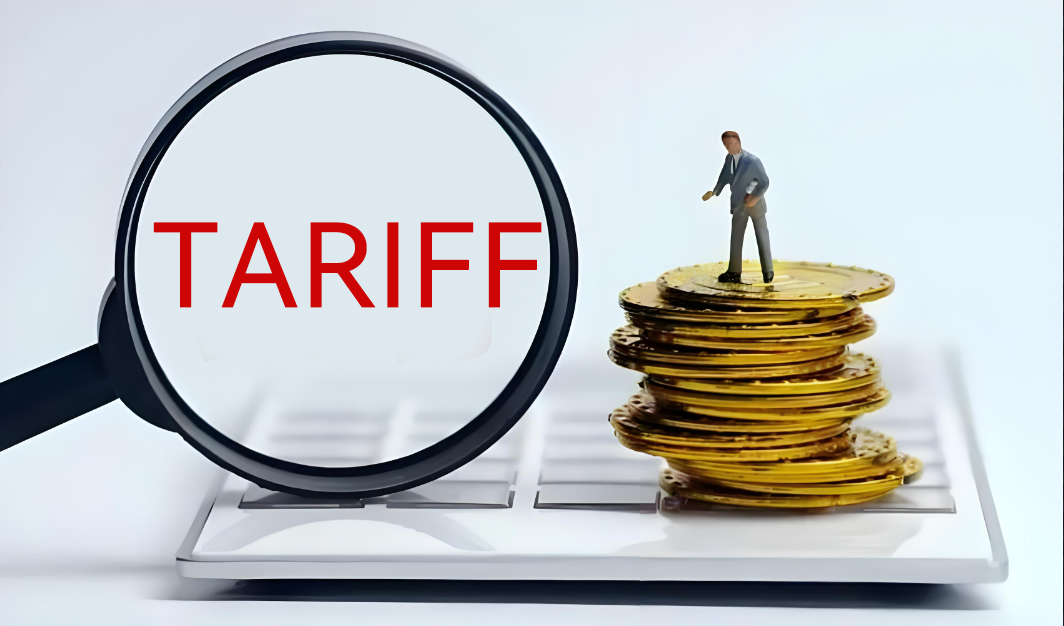In order to promote economic development, each country has its own policy regulations in terms of trade, which have significant impacts on enterprises in different countries. Starting from December 1st this year, China will grant zero-tariff treatment for 100% tariff items of the least developed countries. This measure has a positive impact on the exports of these underdeveloped countries.
On the big stage of the international economy, an important decision can bring revolutionary development to the economy – granting zero-tariff treatment for 100% tariff items of the least developed countries has far-reaching economic and humanistic significance.
From an economic perspective, it has opened up broad market opportunities. Underdeveloped countries usually have a relatively single economic structure and rely on the exports of a few primary products. China’s huge consumer market is a rare opportunity for them.
For example, the characteristic agricultural products and handicrafts of some African countries used to lack competitiveness in price due to factors such as tariff costs and faced numerous difficulties in entering the Chinese market.
After the implementation of zero-tariff policy, their products can meet consumers at more favorable prices, which is conducive to increasing the foreign exchange earnings of these countries, promoting the growth of the local economy, and further promoting industrial upgrading and infrastructure construction, laying a foundation for the sustainable development of the economy.
For China, this is also a mutually beneficial move. On the one hand, it enriches the types of commodities in the domestic market and meets the diverse needs of consumers. Consumers can buy characteristic foreign goods at more affordable prices and improve their quality of life.
On the other hand, it helps to strengthen the complementarity between China and these countries in the industrial chain. China can import resource products from these countries to ensure the raw material supply for domestic industries.Meanwhile, it can also seek new cooperation opportunities in trade and expand international business.
From the perspective of humanities and international development, this policy is a powerful support for improving the living standards of the people in the least developed countries. The economic growth brought by trade can raise the income level of local residents and improve conditions such as education and medical care.
At the same time, this action also narrows the development gap between rich and poor countries, helps to build a more harmonious and stable international order, and practices the concept of a community with a shared future for mankind with practical actions, contributing to the solution of the problem of global unbalanced development.
In the United States, the policy of increasing tariffs has been implemented, and the impacts also have a positive side. After all, a policy is formulated after multiple analyses. The increase in tariffs helps domestic industries obtain a larger share in the domestic market, have more opportunities to grow and develop, and promote industrial upgrading and technological progress. By restricting the imports of certain goods, it encourages domestic enterprises to produce and export, promotes the balanced development of the domestic economy, and enhances the stability of the domestic economy.
What are the impacts on the refrigerator industry?
Some underdeveloped countries can export commercial refrigerators and other products to China, enjoy preferential treatment, reduce costs and increase profits, which will have a great impact on economic development in the short term.
Post time: Nov-19-2024 Views:


